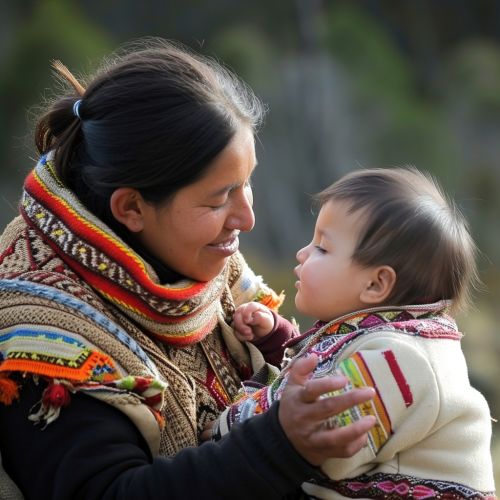Araucanian languages
Introduction
The Araucanian languages are a small family of indigenous languages spoken in the southern part of South America, specifically in the regions of Chile and Argentina. This language family is named after the historic region of Araucanía in Chile, where the majority of these languages were originally spoken.
Classification
The Araucanian languages are classified into two main branches: the Northern and Southern branches. The Northern branch includes the extinct Pehuenche language, while the Southern branch includes the Mapudungun language, which is still spoken today by the Mapuche people.


History
The Araucanian languages have a long history, with evidence of their existence dating back to at least the 16th century. The languages have undergone significant changes over time, influenced by contact with other languages, including Spanish and Quechua.
Phonology
The phonology of the Araucanian languages is characterized by a relatively small inventory of phonemes, with a predominance of consonants over vowels. The languages also feature a number of phonetic features that are unusual in the world's languages, such as the presence of ejective consonants and the absence of nasal vowels.
Grammar
The grammar of the Araucanian languages is complex and highly agglutinative, with a rich system of affixes used to indicate tense, aspect, mood, and other grammatical features. The languages also have a complex system of pronominal clitics and a highly developed system of evidentiality.
Vocabulary
The vocabulary of the Araucanian languages reflects the cultural and environmental context in which they are spoken. Many words relate to the natural environment, agriculture, and social and cultural practices of the Araucanian peoples.
Current status
Today, the Araucanian languages are endangered, with only a small number of speakers remaining. Efforts are being made to revitalize the languages, with some success, particularly in the case of Mapudungun.
